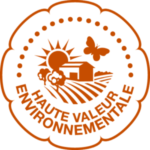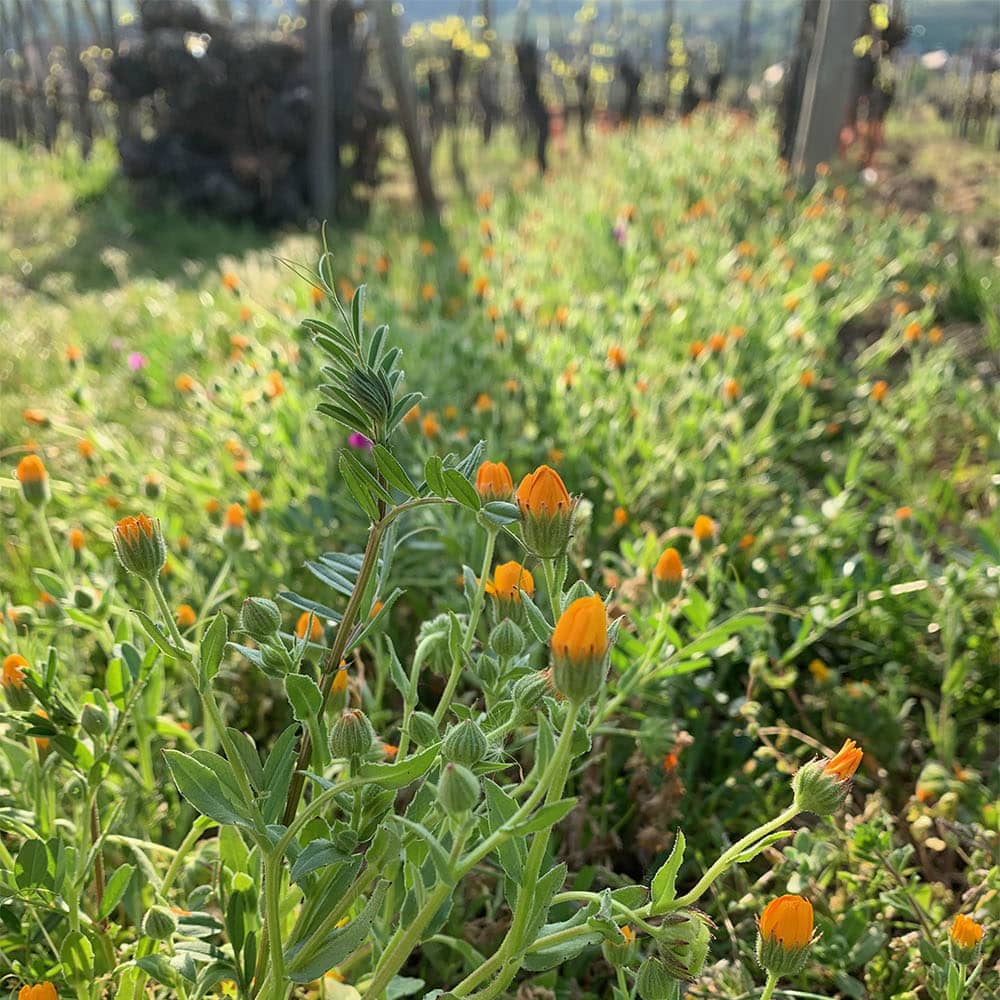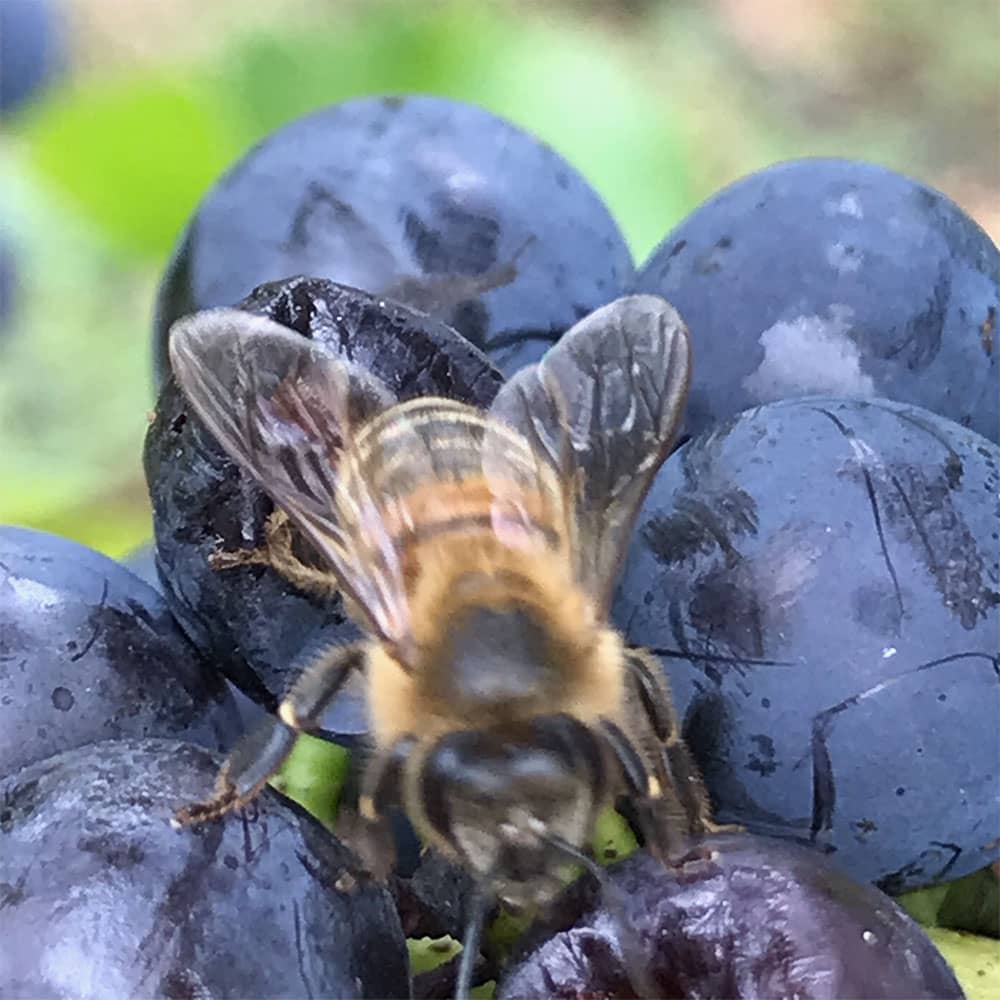Domaine GUETH, committed and certified in a responsible approach.

Certification:
High Environmental Value
What is HVE
HVE is the abbreviation for High Environmental Value. This is a certification issued to farms that engage in a particularly environmentally friendly approach, not only in terms of resources but also in terms of results, measured using indicators relating to the environment. entire operation.
Established at the end of the Grenelle de l’Environnement, then defined in decree n ° 2011-694 of June 20, 2011, the High Environmental Value certification revolves around the themes of biodiversity protection, fertilization, water resources management and phytosanitary strategy.
There are 3 levels of environmental certification:
- level 1: mastery of and compliance with regulatory bases relating to the environment, commitment to a process of progress.
- level 2: requirement of resources based on a reference system integrating 16 requirements to be implemented throughout the operation.
- level 3: named “High Environmental Value” or HVE, this label is issued on the basis of the achievement of results in relation to indicators relating to biodiversity, phytosanitary strategy, fertilization management and resource management. water.
In a few words…
HVE what is it for
Within Domaine GUETH, HVE certification is not an end in itself.
We believe that the preservation of our ecosystem, of our vineyard through particularly environmentally friendly practices, is a complement to the organic farming that we have practiced for many years and of which we have begun the formalization to obtain the AB label. For 3 years.
We can thus assure you and guarantee the quality of our Alsace wines and crémants.
How to be HVE certified
These are only accredited independent bodies that are able to issue the HVE label, on the basis of the 4 themes of biodiversity, phytosanitary strategy, fertilization management and water resource management.
For each of these themes, the farm must demonstrate the implementation, compliance with good environmental practices and achieve the results which are measured with the indicators defined in the specifications of the label. Points are awarded for each topic, and each of them must be validated to obtain certification.
Certification is issued for an initial period of 3 years. A follow-up audit is carried out every 18 months and a renewal audit every 3 years.
It is the National Commission for Environmental Certification (CNCE) which is in charge of defining, controlling and monitoring this system. It is made up of various members including representatives of the State, approved associations for the protection of the environment, agricultural unions, representatives of the food industry and distribution, as well as consumer organizations.




